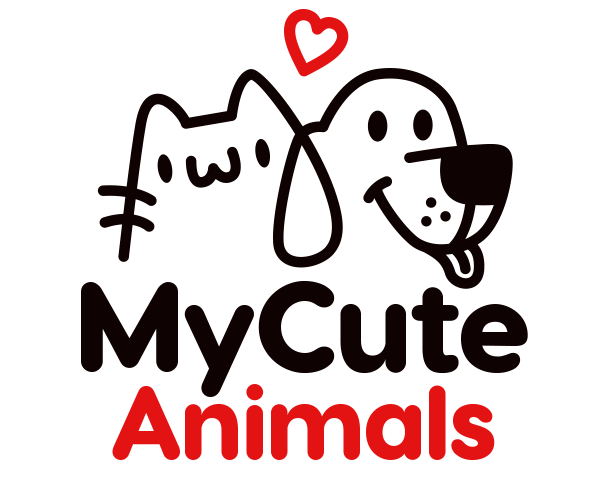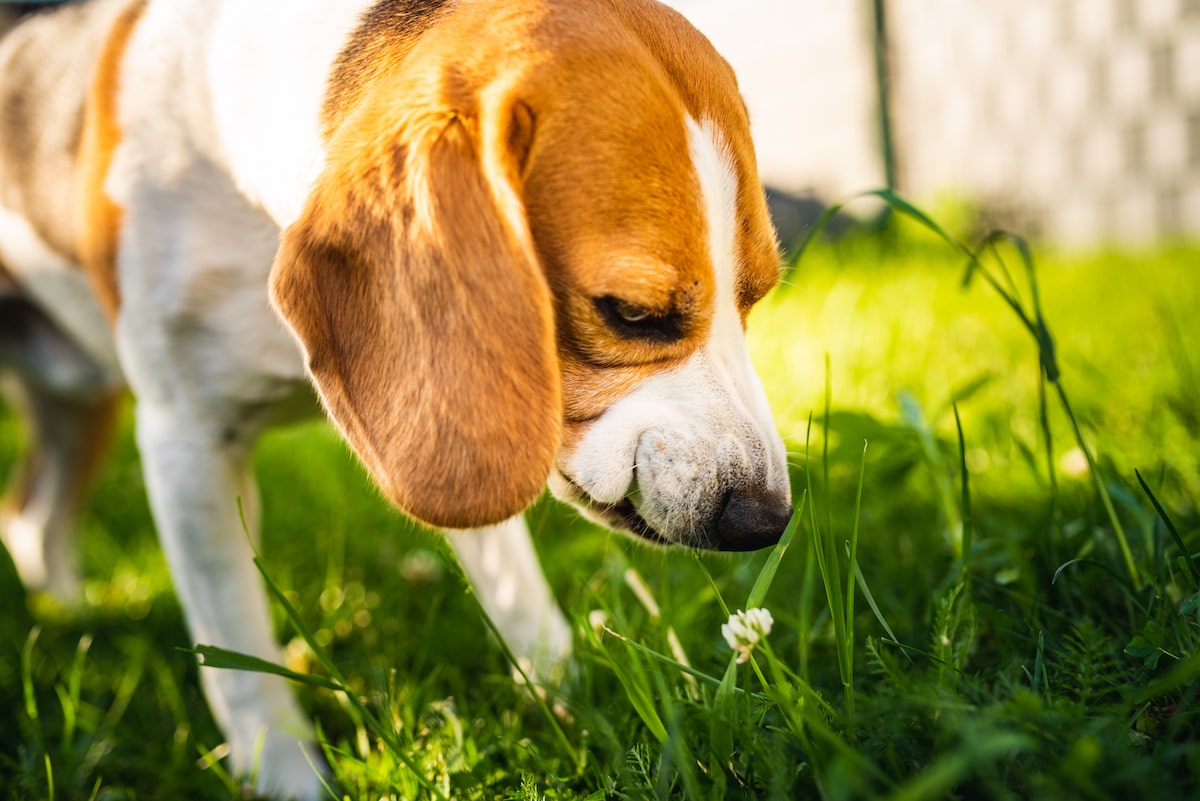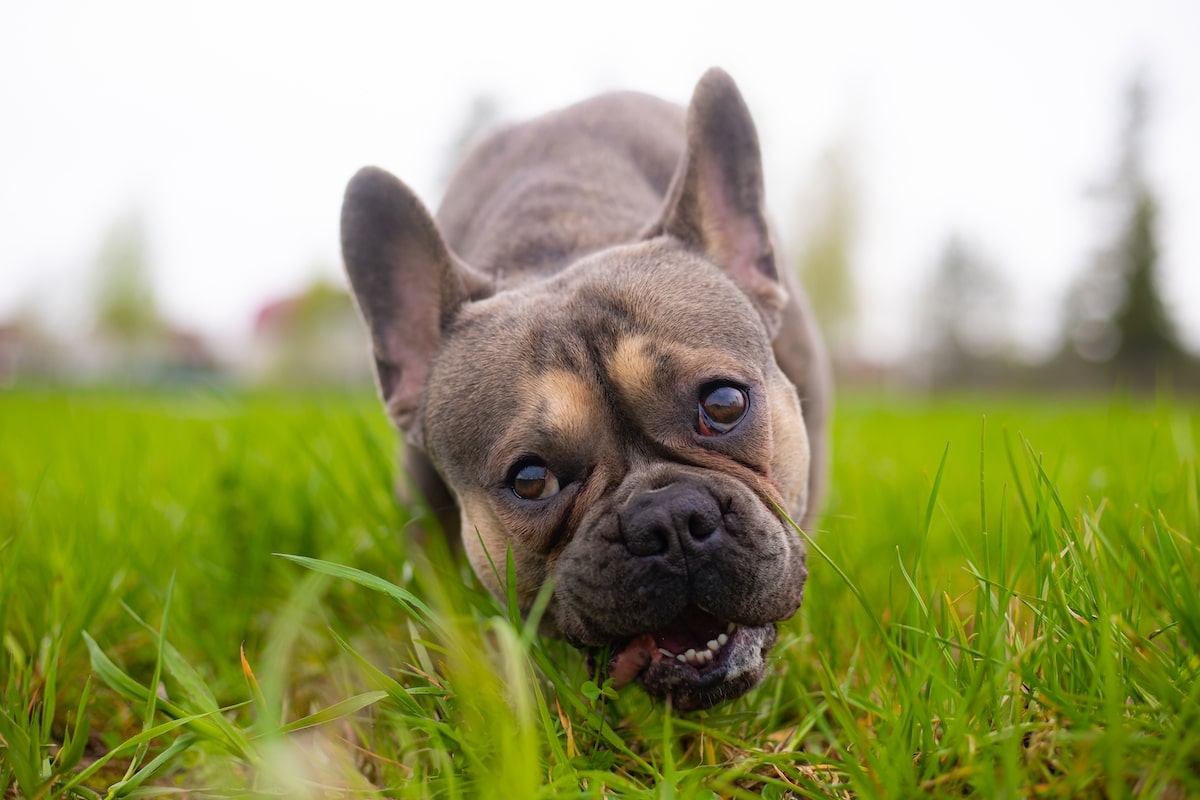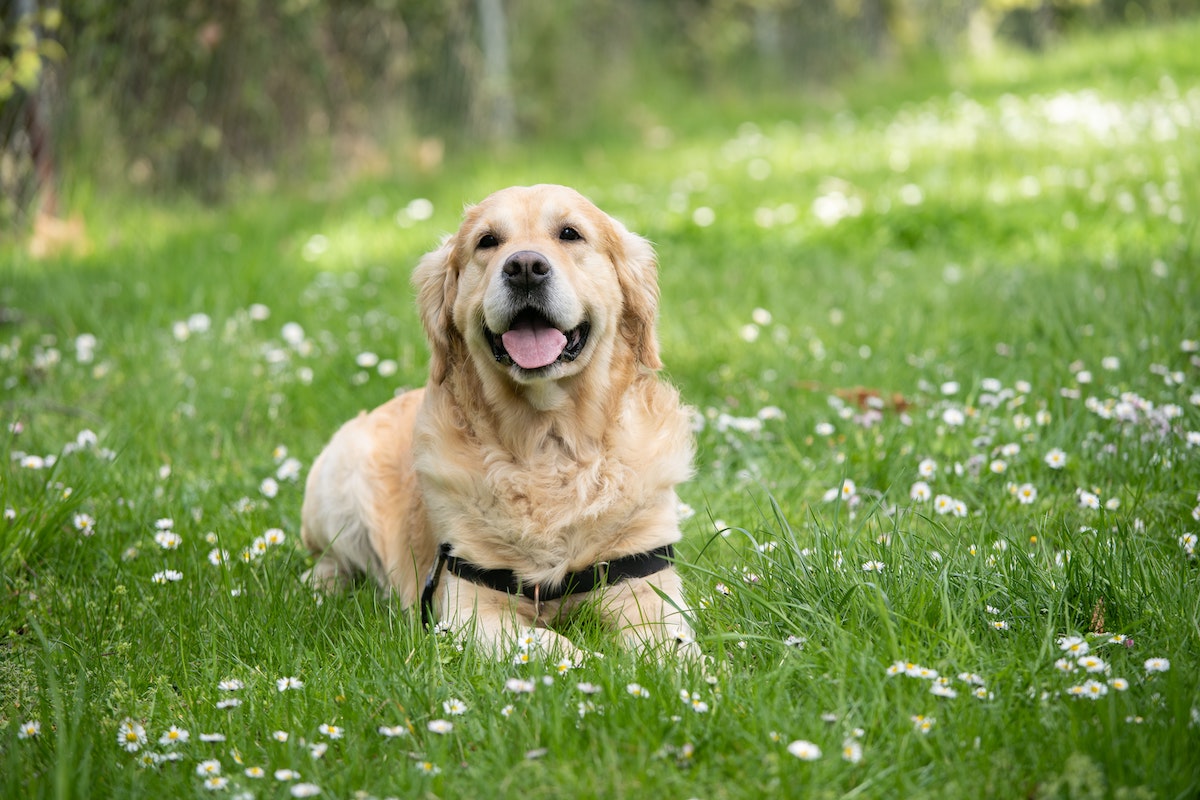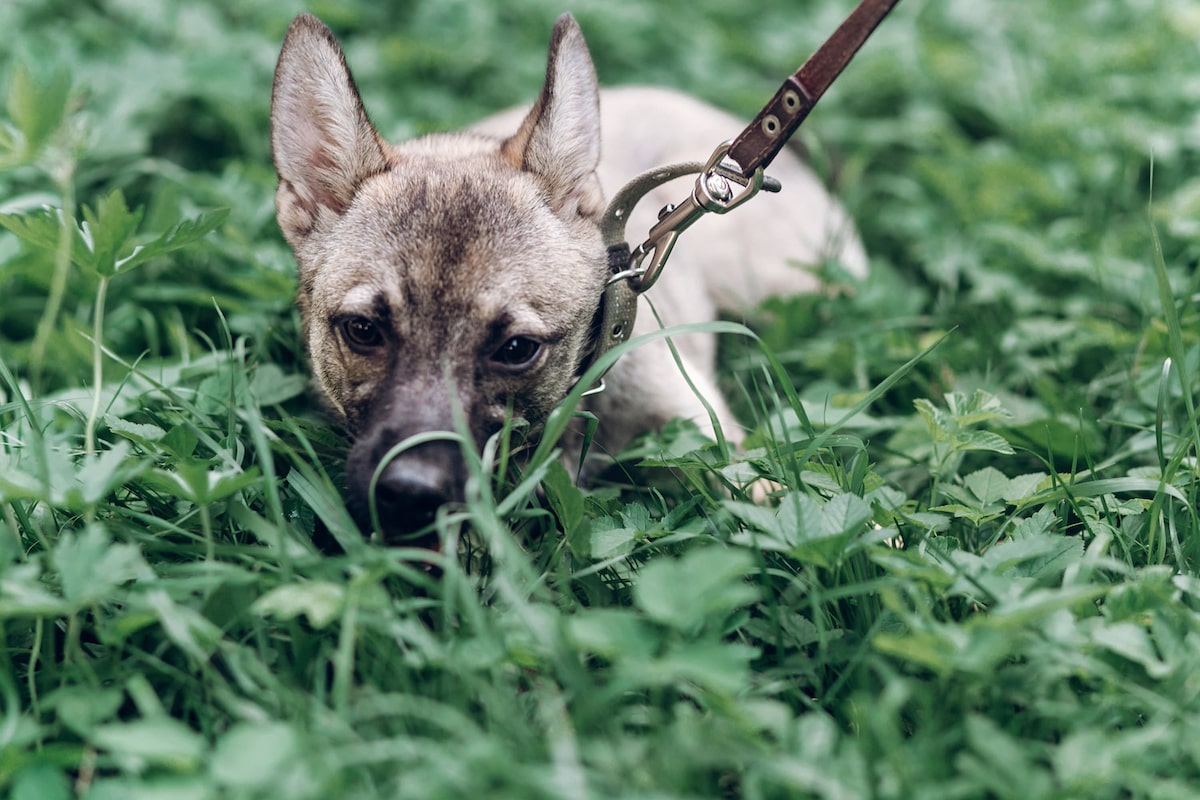Table of Contents
Dogs are the ultimate companions for their parents. They quickly form tight bonds that provoke strong feelings of care and love. This is why most dog owners are always concerned when their pets show signs of abnormal behavior, such as grass-eating.
However, it is interesting to note that eating grass is not exactly strange for dogs. Several vets agree that they’re frequently asked why dogs eat grass, which means it’s a relatively common habit for dogs.
Still, we can’t overlook the dangers associated with dogs eating grass. Why do dogs eat grass? And how can we stop this? Read on to know more!
1. Instincts and Genes
Strange as it may seem, your dog might crave grass because of its instincts. Remember, dogs weren’t always domesticated. At some point in their history, dogs hunted for prey themselves, which were primarily herbivores. In doing so, their bodies became used to the grassy content of their meals.
This behavior may have been transferred through different generations of dogs, making them susceptible to the habit of eating grass. For some dogs, it is a form of scavenging for food. Consequently, the expression of some parts of their genes reinforces the age-long habit.
2. Grass Eases Stomach Upset and Aids Digestion
Some dogs eat grass to help with their digestion issues. Grass contains a body of nutrients known as fiber, which aids digestion in man and animals. Upon consumption of grass, food easily moves through their gut, relieving them of the inconveniences of indigestion.
Alternatively, the dog might be having a stomach ache or acid reflux. By instinct, they know that grass can help them, so they go for it. In addition, Pectin, a chemical compound in plants, is therapeutic for acid refluxes in dogs.
However, if your dog repeatedly eats grass to the point of vomiting, call your vet. There could be some other underlying reasons.
3. Your Dog is Bored
Dogs can be very active with humans they’re comfortable with. Some breeds are ever-ready to play with their parents for extended hours. When dogs don’t get the attention they crave, they explore several ways to pass the time, one of which could be to settle for a quick grass snack. Increasing the quality time spent with your dog can help with this.
4. Imbalanced Diet
Deficiency in diet can also make your dog eat grass. If your dog food does not contain the necessary vitamins, nutrients, or minerals, that might cause some issues. As such, your dog might be prone to eating grass, as that fills the gap in its nutrient intake.
5. Grass is Tasty to Your Dog
This might be unexpected, but your dog’s habit might be because it loves the satisfying taste of wet, succulent, and textured grass plants. Grass contains a chemical called (Z)-3-hexenal, making it appetizing to dogs. In addition, the appetizing pull of plants is more common when they are just emerging during spring.
6. Your Dog Might be Anxious
Eating grass can be a sign of a dog’s anxiety. Your dog might become apprehensive if another dog or an unfamiliar person approaches it. In its apprehension, it might start sniffing or eating grass. Grass eating might also be the dog’s way of relaxing from anxiety, similar to how humans chew gum.
7. Grass Manages Bile for Your Dog
When a dog’s stomach is empty, and the bile produced finds its way to the dog’s stomach, it causes difficulties and pains for the dog. When humans go through this, we take drugs called antacids. For dogs, grass acts as an antacid. It helps to release the bile and bring relief.
Is it Bad for Dogs to Eat Grass?
Eating grass may be your pet’s way of relieving a stomach upset or satisfying a craving. By itself, it hardly translates to a life-threatening act. To corroborate this, an experimental study conducted at the UC Davis School of Veterinary Medicine concluded that grass eating is normal for domestic dogs.
However, its normalcy does not mean it cannot be harmful. Grasses are often treated with chemicals like herbicides and pesticides, which can be poisonous to dogs. In addition, eating grass can also lead to the ingestion of intestinal parasites like roundworms and hookworms.
Be mindful that some other conditions like diarrhea and loss of appetite can be attributed to grass eating. As such, it is advisable to contact your vet if these symptoms persist.
How to Stop Dogs from Eating Grass
- You can train your dog to avoid the lawn with the “leave it” command.
- Keep your dog filled by feeding it smaller and more frequent meals, especially early in the morning.
- Consult with your veterinarian so you can give your dog nutritionally balanced meals.
- When your dog is alone, ensure it has a safe chew toy to prevent boredom.
